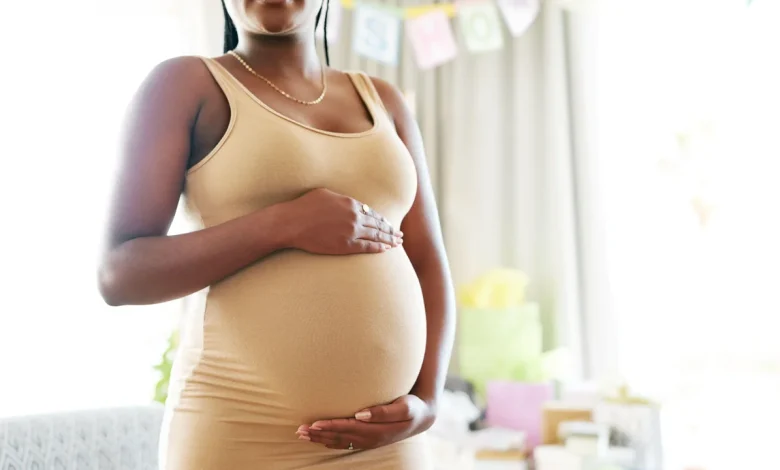Air pollution harms male fertility while women face similar risk from noise, study finds
Environmental pollutants may have different effects on male and female reproduction, research in BMJ suggests

According to a study, there is a correlation between air pollution and a higher risk of infertility in men and a higher risk of infertility in women.
The study examined whether long-term exposure to fine particulate matter (PM2.5), a specific type of air pollution, and road traffic noise was linked to a higher risk of infertility in both men and women. It was peer-reviewed and published in the BMJ.
It was based on a database of 377,850 women and 526,056 men between the ages of 30 and 45 who were married or cohabiting, had fewer than two children, and had resided in Denmark between 2000 and 2017. A significant percentage of the individuals in this database subset were actively attempting to conceive.
Sterilized males and women who had undergone pregnancy-prevention surgery were not included in the study.
Each participant’s average PM2.5 pollution level was obtained at their address between 1995 and 2017, and the national patient registration was used to record infertility diagnosis.
After controlling for variables like income, education, and occupation, it was discovered that exposure to PM2.5 levels that were 2.9 micrograms per cubic meter higher than average over five years was linked to a 24% increased risk of infertility in men aged 30 to 45. Over the course of the 18-year period, 22,672 women and 16,172 men were diagnosed with infertility.
While PM2.5 did not correlate with infertility in women, exposure to road traffic noise levels 10.2 dB above the average over a five-year period was linked to a 14% increased risk of infertility in women over 35, but did not correlate with infertility in women between 30 and 35.
Male infertility risk was marginally elevated for individuals between the ages of 37 and 45 who lived near a road, but not for those between the ages of 30 and 37.
One in seven couples in the UK who are attempting to conceive are affected by infertility.
According to the researchers, there have been contradictory findings in the past about the detrimental effects of particle air pollution on sperm quality.
They came to the following conclusion: “We found that road traffic noise was associated with a higher risk of an infertility diagnosis among women older than 35 years, and possibly among men older than 37 years. This was based on a nationwide cohort, designed to include a high proportion of people actively trying to achieve pregnancy.”
Understanding how environmental toxins affect fertility is essential, as many western countries are experiencing dropping birthrates and rising maternal ages at first childbirth. Future research may need to validate our findings, which point to the possibility that political action to reduce noise and air pollution could be a useful strategy for raising birthrates in the west.




